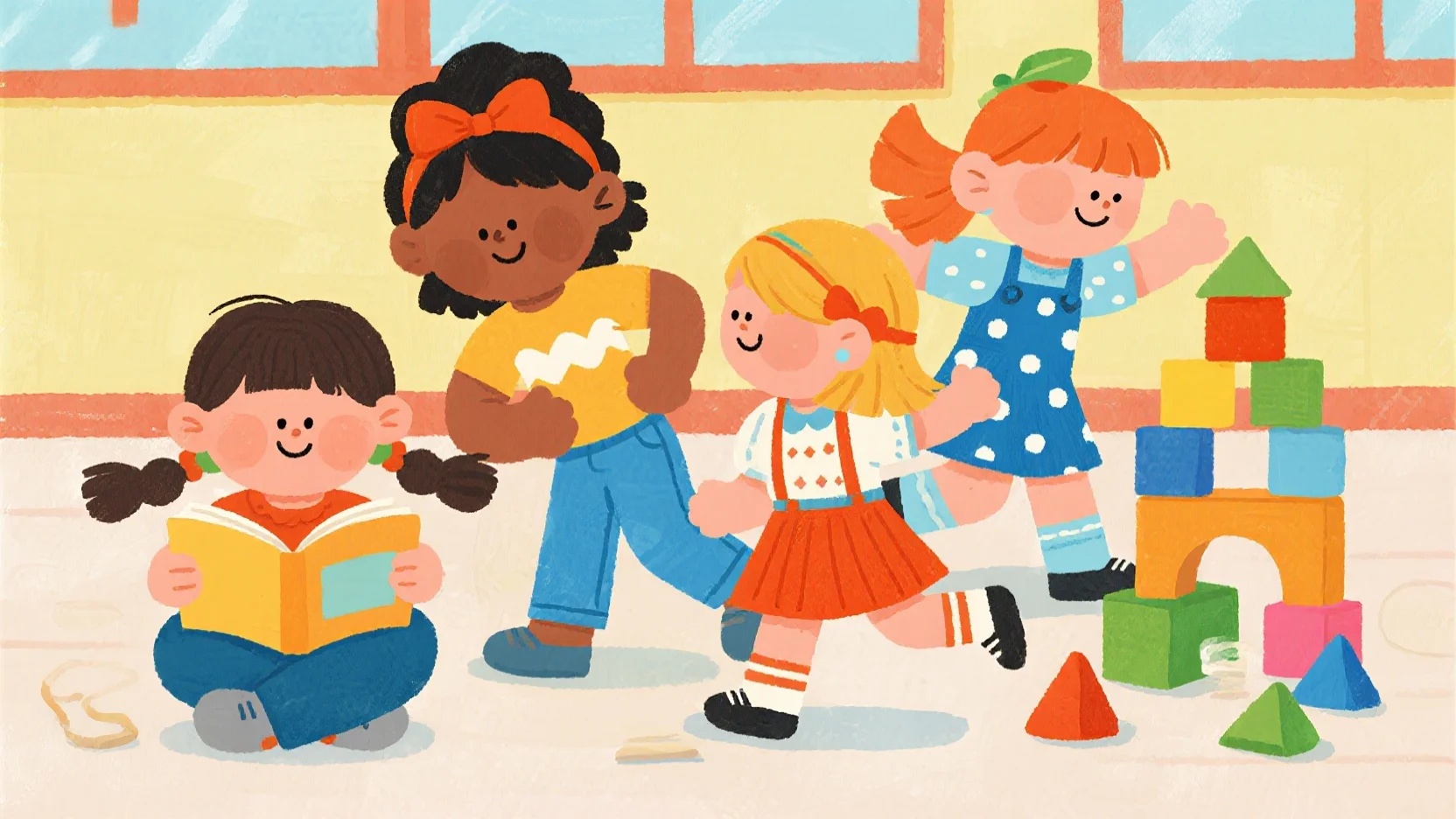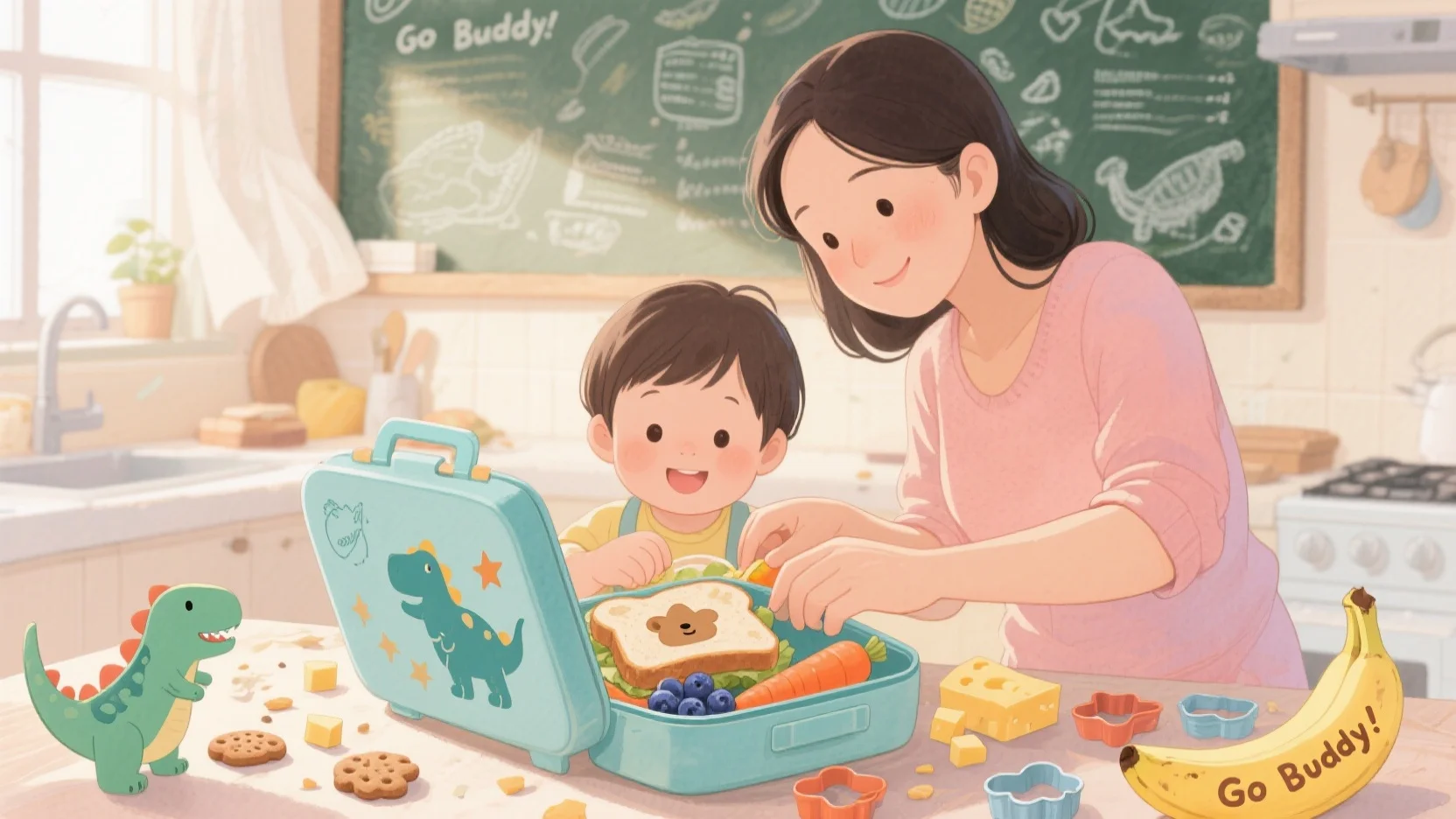Every child is born with their own unique personality, strengths, and quirks—and as parents, our job isn’t to mold them into who we think they should be, but to guide and celebrate who they are.
A child psychologist’s viral TikTok message sums it up:
“Love your child for who they are, not who you want them to be.”
But how do we balance acceptance with guidance? Here’s how to nurture their individuality while keeping them safe and grounded.
Why Acceptance Matters
🔹 Kids aren’t blank slates – They’re born with innate temperaments (shy, bold, sensitive, stubborn).
🔹 Forcing change backfires – Pressuring a quiet child to be outgoing or a dreamer to be rigid can harm their self-worth.
🔹 Parenting isn’t one-size-fits-all – What works for one child (or family) may fail for another—and that’s okay.
How to Support Their Authentic Self
1. Let Go of “Shoulds”
- Instead of: “Why aren’t you more like your sister?”
- Try: “I love how you see the world differently.”
2. Praise the Effort, Not Just the Outcome
- ❌ “You’re so smart!” (Labels can feel limiting.)
- ✅ “You worked so hard on that!” (Encourages growth.)
3. Teach Resilience, Not Just Compliance
- When they face challenges (bullying, failure), ask:
“How do you want to handle this?”
“What did you learn?”
4. Set Boundaries With Empathy
- Bad behavior? Address it—but explain why:
“Hitting hurts people. How can we fix this?” - Avoid shaming: “You’re bad” → “That choice wasn’t okay.”
5. Expose Them to Diversity
- If they love ballet but hate soccer (or vice versa), that’s fine.
- Introduce varied experiences, but let them choose what sticks.
When to Step In (Without Overriding Their Identity)
| Celebrate | Guide |
|---|---|
| Their love of unicorns at age 12 | Teaching kindness over materialism |
| Preferring art over sports | Explaining why schoolwork matters |
| Marching to their own beat | Stopping harmful behavior (rudeness, danger) |
The Bottom Line
Parenting isn’t about creating a “perfect” child—it’s about helping them become their best self.
💬 Try this today:
Notice one thing your child does uniquely—and tell them why you adore it.








